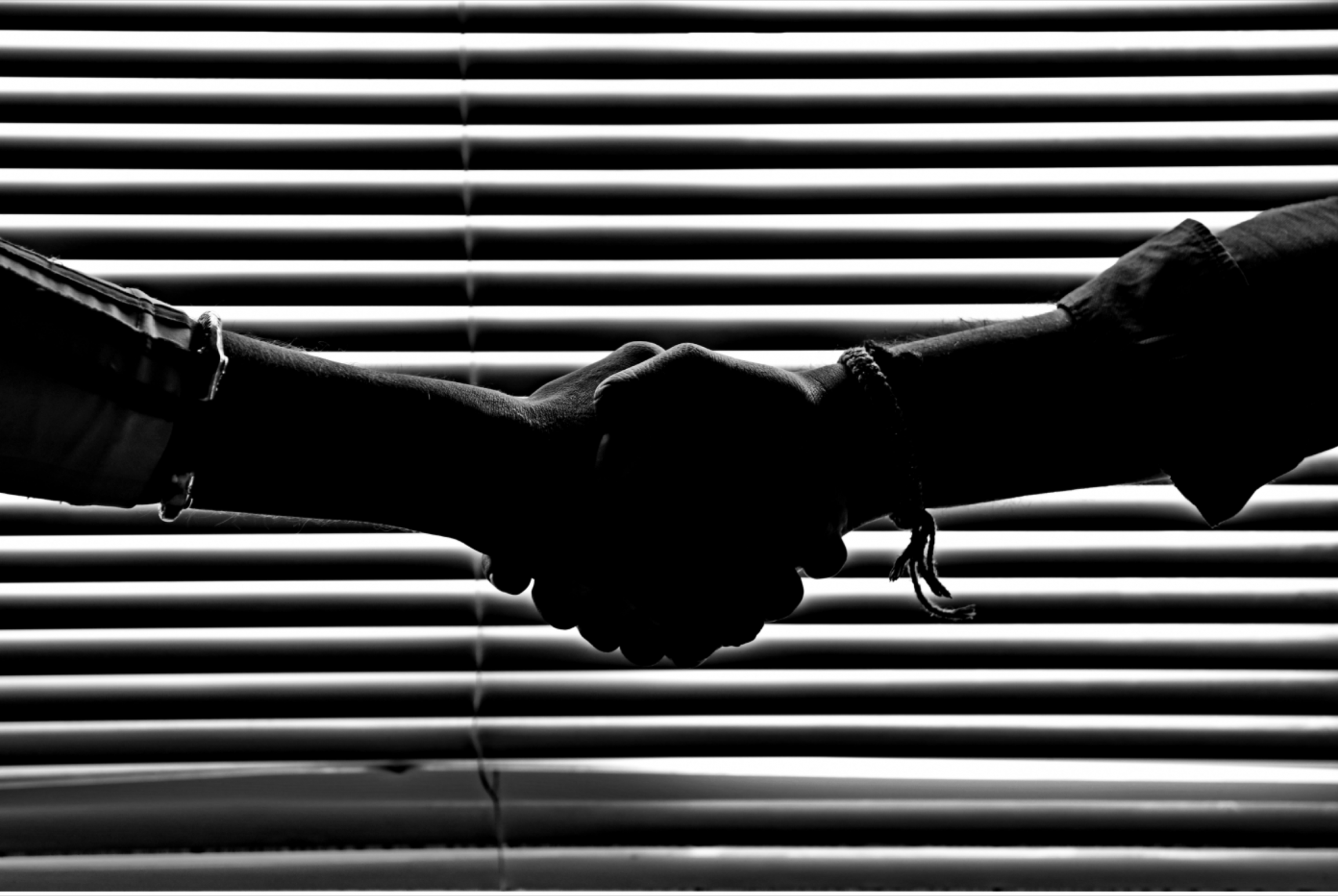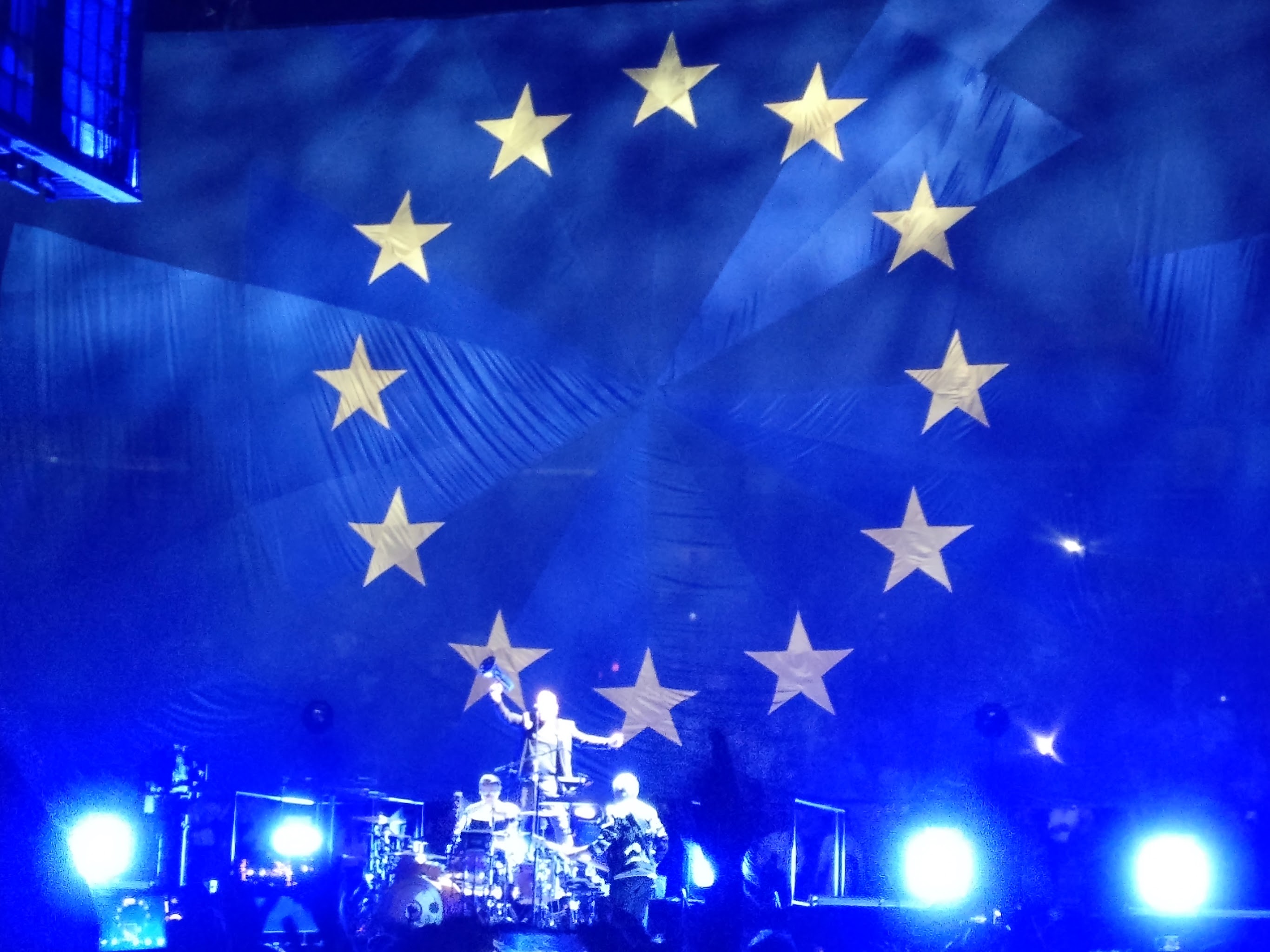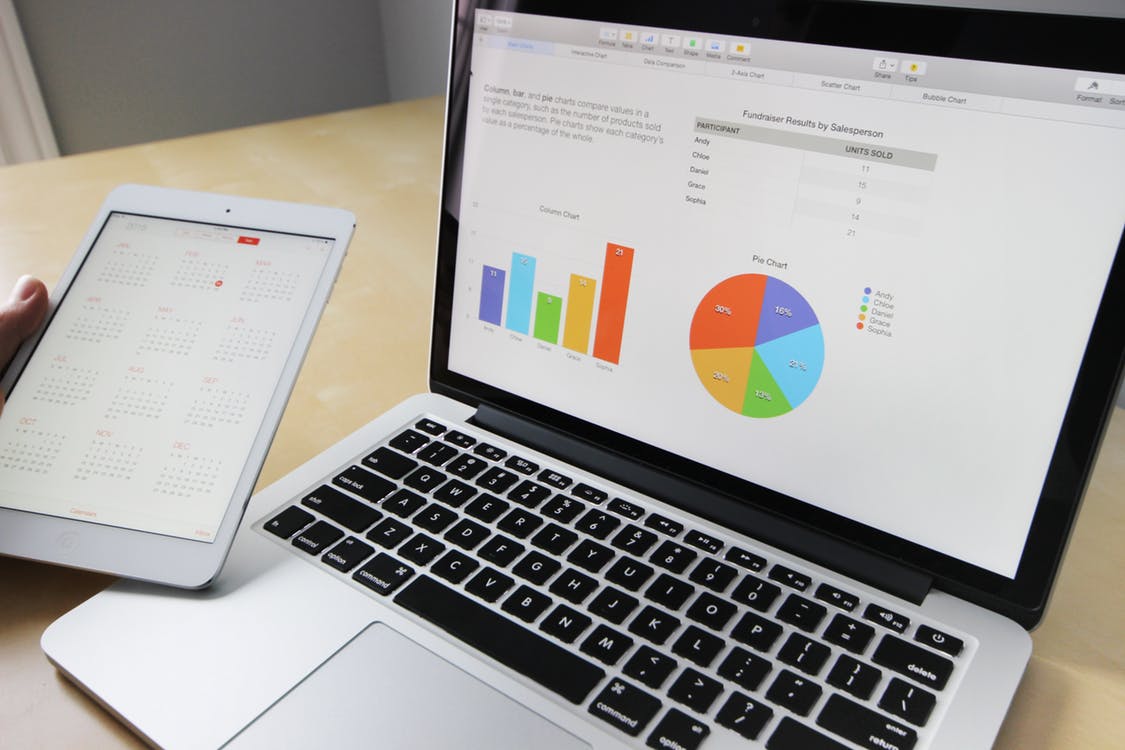That populism and nationalism have divided several western democracies is no news. An often overlooked fact in the Covid-19 crisis though is that for the first time since the World War this division has lethal consequences. Because the politicians in charge have lost the trust of huge swathes of the population. And it might take long to regain and rebuild that trust.
The video images were obviously too good not to use. The images of George Bush, on the morning of September 11th, 2001, reading to children of a primary school in Florida. Whilst at the same time two passenger planes were being flown into the World Trade Center.
These images resonated with Bush’s opponents, who regarded him as a naive and unfit president. Someone who shouldn’t even be in that position after the voting scandal in Florida during the election, liberals said. But on that fateful 9/11 day, he jumped on a plane, delivered an address to the nation in the evening hours and brought his country together.
Accepted by almost anyone
Now you may not have liked what his government did afterwards (Iraq, Afghanistan and more, in case you forgot). But the president was able to show empathy and bring different groups some solace. He was accepted by almost all.
And that is NOT what is happening in all countries around the world during Covid-19 right now. Because there is a lack of trust on all levels, which is ripping the fabric of society apart. With lethal consequences.
Building for decades
This is not solely about Trump. That would be too easy. In fact, this is a development that has been building for decades. Ever since Reagan and Thatcher imposed neoliberal policies, the catastrophy has been creeping upon us.
This is not solely about conservative politicians by the way. That would be unjust. Because Reagan’s policies were for a large part continued by Bill Clinton. Thatcher’s crimes against humanity were not rolled back by Tony Blair. His Labour government may have tried to right some wrongs. But the basic framework of free trade, maximum growth, deregulation and maximizing shareholder’s values was not touched.
Banking crisis
And so we headed into the first big wave of fully preventable trouble in 2008. The banking sector, once considered as conservative and extremely trustworthy, proved to be a house of cards. Entrepreneurial risks turned out to be not so risky if you were too big to fail. And the bailout card was paid for by the other 99%. Almost no bankers were jailed. A massive amount of distrust and resentment was sown amongst the population. But that didn’t lead to systemic change.
Once it did, it was the wrong change. That fateful 2016 year when ‘change’ to voters meant Brexit and Donald Trump. When facts weren’t facts anymore, experts became an undesired species and newspapers a threat to democracy. At least, that’s what the new leaders said.
Hard to earn back trust
The problem is: once you start to divide, once you start to loose trust, it’s not easy to earn it back. So in this time where society has to act as one, has to come together to face these challenges, citizens don’t follow and believe their leaders anymore.
Trump has been so divisive that people have stopped listening to him. They already stopped believing him a long time before that. Which is actually costing lives at this very moment.
The same in the UK obviously, where the new prime minister has basically been missing in action. Not only from crucial Cobra meetings about pandemic preparations, but also from office because he decided to have a two-week holiday in the middle of the crisis. He even decided to downplay the threat by shaking hands with everyone he met, so he surprisingly fell seriously ill later on.
That didn’t matter much for his credibility. Because the announcements he did make were typical for him (=inconsistent, U-turns, etc) so large parts of the country stopped believing him. You can’t ask people to trust you if you did everything in the years before to destroy that trust.
Voice in your head
That one word is something no marketing campaign can’t buy. It’s the little voice in the back of your head saying ‘should we really trust her?’ Even in Germany, where after a slow start there has been a solid response from the government, they have problems with trust.
Angela Merkel, or ‘Mutti’ (mommy) as she is often called, is uniting the nation. But the next step of pandemic containment would also require a smartphone tracking app. Something which raises a lot of resistance in privacy-aware Germany, where the secret service BND has been gaining sweeping powers in the last couple of years to gather data. So chances are that the trust in Merkel will not be extended to these apps.
Causes are manifold
The causes for this loss of trust are manifold. For some it is the cancer of neoliberalism, raising inequality to dangerous levels and sowing discontent. For others it is the pace of innovation, which makes some people look for ‘the good old times’ to return. For some the rise of semi-autocrats is a chance event, where the ruling class just took the opportunity to stay in power by promoting supposed ‘strongmen’.
Whatever the causes, the remedy won’t be easy to find as the division in society has become massive in some countries. One of the few hopeful signs is that Covid-19 might be a complete reset. A discovery of another way to live our lives. One that is more environmentally sustainable. One where there is more empathy between all the groups in society. A new normal that would create a bigger commons, where wealth is more evenly distributed.
That might be naive. But apart from a huge reset, the only hope is time to heal the wounds of division. And that is going to take a lot more time than a hard reset.





